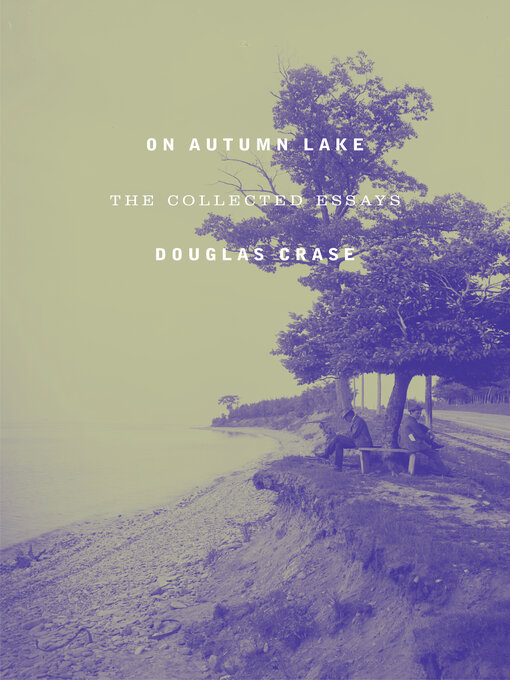On Autumn Lake collects four decades of prose (1976-2020) by renowned poet and beloved cult figure Douglas Crase, with an emphasis on idiosyncratic essays about quintessentially American poets and the enduring transcendentalist tradition.
Douglas Crase's prose is rich with conviction and desire, inspiring as John Yau wrote, "the kind of attention usually reserved for poetry." His essays, written as rhythmically as poems, take a personal rather than abstract approach, offering committed and sometimes intimate portraits of John Ashbery, James Schuyler, Lorine Niedecker, and others. With generosity of spirit, Crase shares his devotion to poetry, democracy, and landscape in this handsome volume that greatly enlarges the available body of his work and will be seen as the essential complement to his collected poems.


